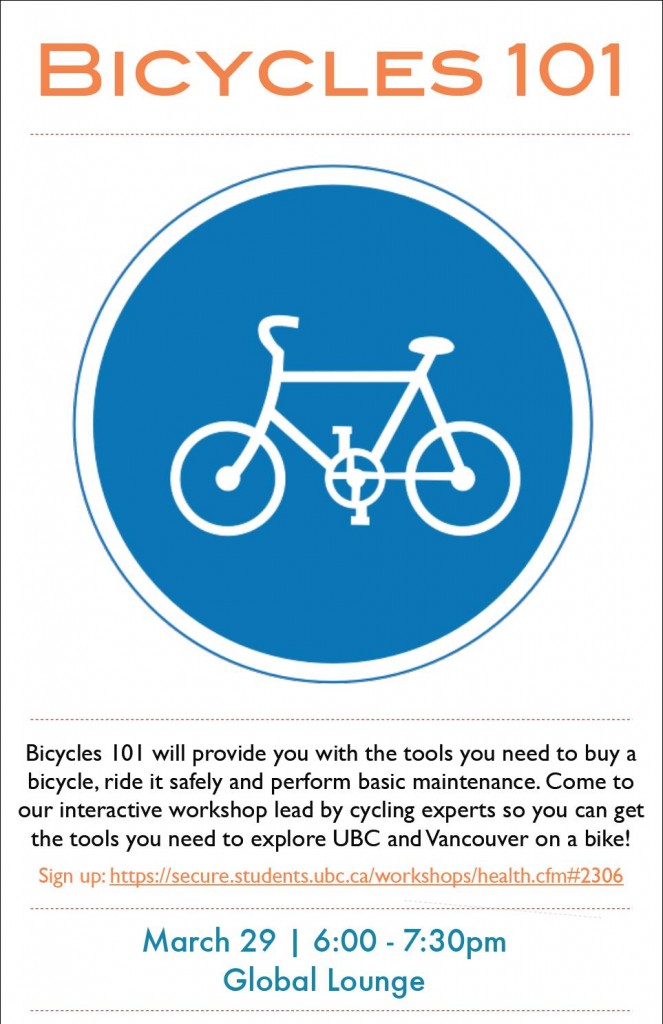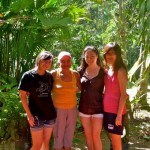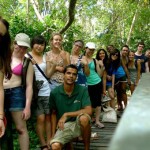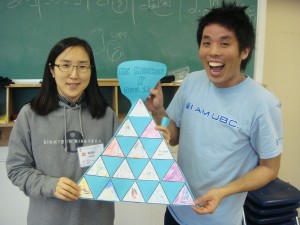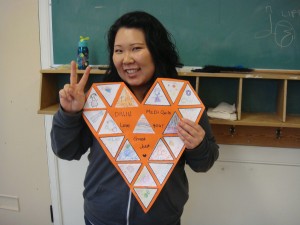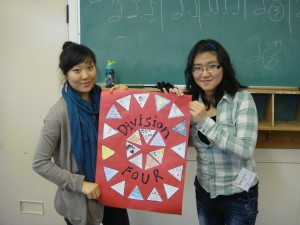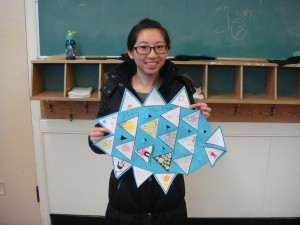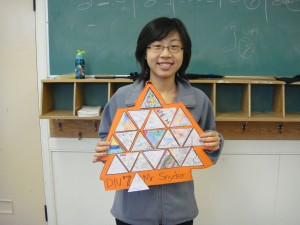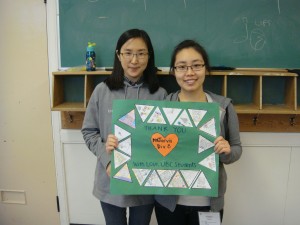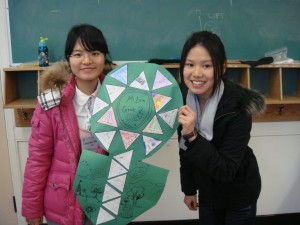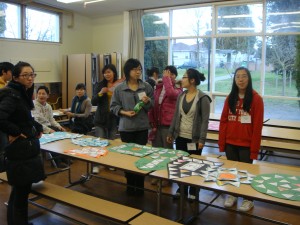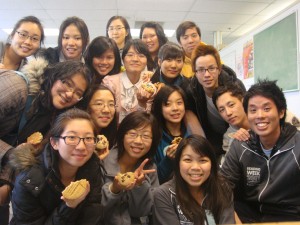Hola,
Mi nombre es Joe. For those who don’t know me, I am a senior peer from the Dunbar group and one of the IPP members, along with Craig, Grace, Janet and Silvere, to travel to Costa Rica this reading break for a Go Global ISL project. I am sorry that I couldn’t blog about my feelings before the trip because I had some unfinished business to do (aka midterms) the Thursday night before my trip. To tell you the truth, I didn’t start packing until late night before my flight at 7:30 a.m in the morning. I didn’t sleep that night, worried that I would sleep in and miss my flight. So I was up all night figuring whether if I had missed any important items to bring.
My travel to San Jose, Costa Rica was a 3 hour plane ride to Phoenix and then 5 hours from Phoenix to Costa Rica. Transiting through U.S customs, the officer asked me why I was going to Costa Rica. So, I showed him my paper stating it was on an educational tour for a week. Then he asked more questions, ” What are you learning?”. I paused and replied, “Sustainability… ya sustainability (trying to sound smart)”. The broad answer of “sustainability” seem to impressed him to let me pass through customs, but actually I didn’t know what I was talking about. I didn’t even know what I was going to do in Costa Rica nor do I know what sustainability means. My honest answer would have been, ” I don’t know but I will tell you when I come home!”
We knew that we would be settling in Gandoca, a village at the very south Carribbean coast of Costa Rica close to the border to Panama but we didn’t know it would be another 5 hours drive. The road to Gandoca was a fun ride mixed with sleep and Spanish songs. Ignacio, our biologist/interpreter, tried his best to keep us awake, telling us about facts or issues about different sceneries as we drove by them. Upon arrival to Gandoca we split into host families, where we lived and ate. For me, due to some unexpected circumstances to my surprise, I had the previlage to switch to three different host families. Everyone of them were very nice and everyone of them had different type of meals. Out of that, I got to taste Costa Rican food from three different families. This made my experience in Gandoca even better. What I also learned about these people is that they live a simple life. By simple, I mean they have their basic necessities (water, electricity, food, appliances to cook their food) but nothing more (no computer, rarely any TVs, iPODs, cell phones, or any other electronics that spoil us today in developed cities). And because of this you can feel a sense of belonging to a community in Gandoca. For example, most of the locals would come out to the field to play soccer, something that we wouldn’t have the chance to do in Vancouver either due to weather or other distractions going on in life! It seems that our society today is lacking this closeness and sense of community. Ironically, technology is bringing us apart, and not any closer. This is something we can learn from the locals in Gandoca.
Although service was not our main priority on this trip, learning and learning to critcally think were heavily stressed. Our topic on sustainability was one of the broader topics we discussed. According to an online dictionary, sustainability means” to keep existence, or to maintain”. However, we would like to slightly change that definition a bit. Upon endless discussion with Ignacio and the rest of the members through different perspectives and comparisons, we realized that sustainablility is more like a juggling act of balls if you can imagine it as a metaphor. The “balls” or topics cycling are: Environmental, Social, and Economical issues attached to sustainability. To be sustainable, each ball, which is interconnected with each other, must be maintained or “juggled” in balance. What I am saying is that when we focus on environmental issues, we must also take in consideration of the social and economical aspects of the community, and vice versa. When we think like this, we see the bigger picture in the background, which we normally wouldn’t see if we focused on our own perspective or narrowed ourselves to one view. If we can maintain and balance this juggling act, then sustainability can be achieved.
To sum up my journey to Costa Rica, here are my top 10 moments from this trip…. [ drum roll please…..]
#10. Forgetting about school and midterms or all the distractions in my life
#9. The long five hour ride to Gondaca, with “Bem, Bem, Maria” as our ride music.
#8. Drinking out of a coconut
#7. Beach Patrol and Beach Cleanup
#6. The natural alarm clock: monkeys and rooster waking you up in the morning
#5. Soccer game with the locals
#4. Living in three different host families and tasting their meals.
#3. Our trip to Cahuita National Park: looking at poisonous snakes and being chased by angry/hungry monkeys!
#2. The many nights of card games and “Mafia”
and #1. My memories on this trip with everyone….Memories without Borders!
Pura Vida!
Joe Ho, Senior Peer, IPP

